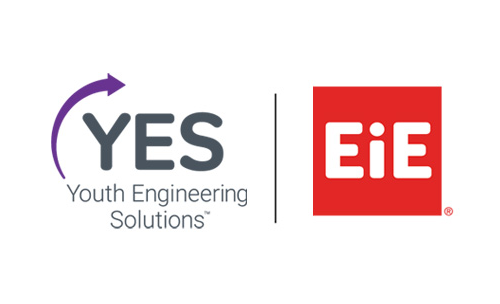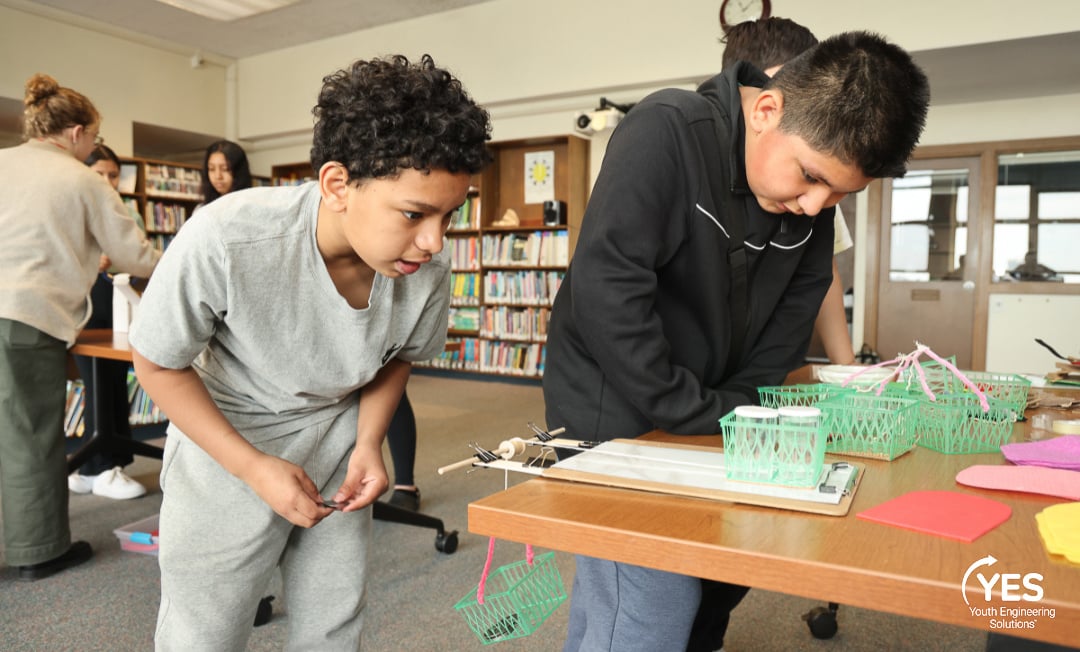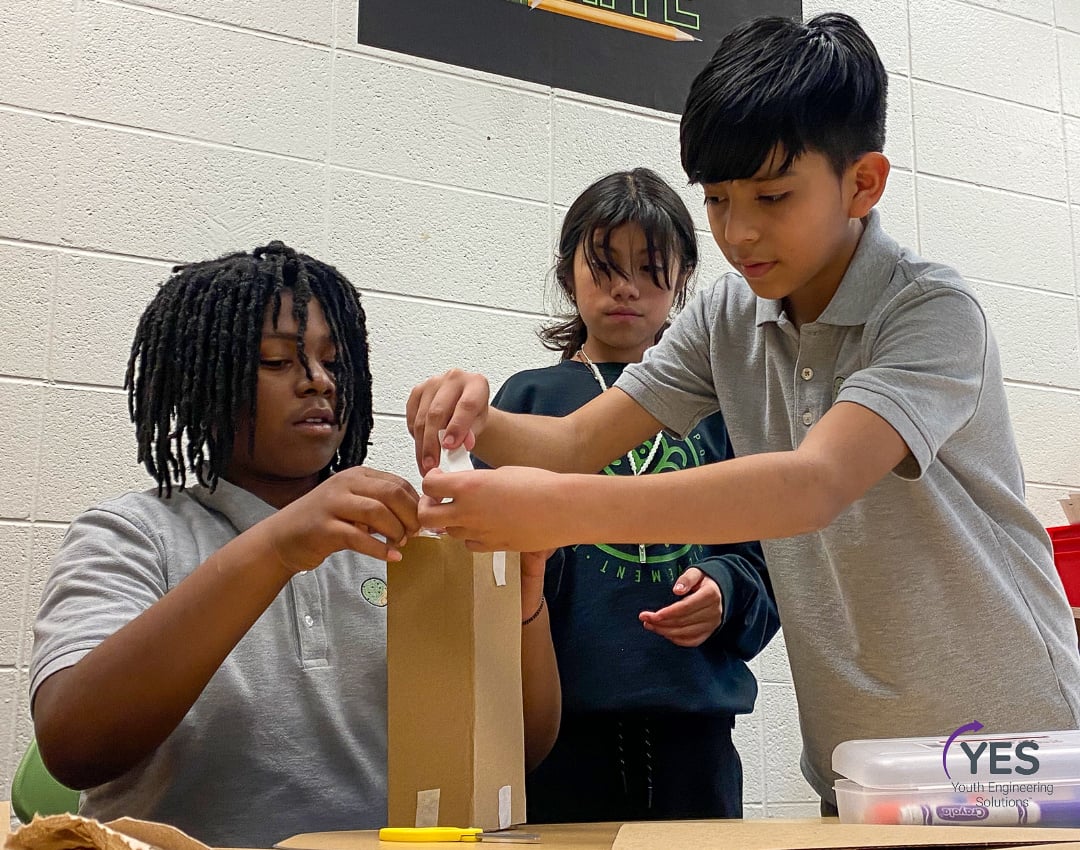Each Thursday on the EiE Blog, we bring you tips for teaching elementary engineering. Today's guest blogger is EiE professional development provider Elissa Jordan.
 When I work with teachers who are just starting to implement Engineering is Elementary, I often see resistance to the idea that failure is highly valued in engineering.
When I work with teachers who are just starting to implement Engineering is Elementary, I often see resistance to the idea that failure is highly valued in engineering.
When a student designs a technology that doesn’t work as intended—say, a model maglev train that doesn’t levitate, or a solar oven that doesn’t get hot enough—it’s distressing! We want students to have positive, affirming experiences in school, not be discouraged.
So it's tempting to “help” kids who seem to be making ineffective design choices by purposefully leading them to better ideas. It seems like a supportive strategy. But in fact, it can be counterproductive.
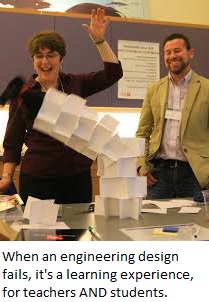 Failure is actually an important learning experience. Committing to try to solve a problem, even if you don’t know whether or not you’ll succeed, is an "engineering habit of mind": a critical skill for academic success in school . . . and for success in life.
Failure is actually an important learning experience. Committing to try to solve a problem, even if you don’t know whether or not you’ll succeed, is an "engineering habit of mind": a critical skill for academic success in school . . . and for success in life.
Three Ways to Embrace Design Fails
Here are some strategies you can use to help your students get the most out of engineering design fails:
- Make failure impersonal: OK, the design failed, but the student didn’t fail. Chose language that expresses this distinction.
- Make failure safe: Instead of asking, “Did your design work?” ask, “Did your design work this time?” You’re making it clear that it’s OK to try again.
- Don’t skip the Improve step in the Engineering Design Process! Engineering is supposed to be an iterative process. In order to support students’ successful engagement in engineering, you should ensure that students have at least one opportunity to make improvements to their first design.
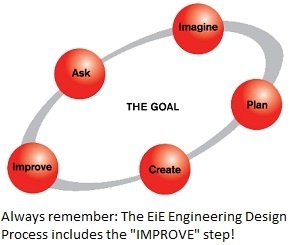 Don’t be disappointed by the outcome; instead praise the effort that went into the design. Let students know that trying hard is a good thing. With this feedback, they’ll be more willing to try again.
Don’t be disappointed by the outcome; instead praise the effort that went into the design. Let students know that trying hard is a good thing. With this feedback, they’ll be more willing to try again.
Hear what this teacher has to say about when students fail.
8 Questions That Move Kids From Failure to Success
As for helping students move from failure to success, ask questions that prompt students to analyze the strengths and weaknesses of their design and inspire potential improvements.
- “Why did you design your technology this particular way?”
- “Why did you choose this material?”
- “What do you notice when you test your design?”
- “What do you think is working well in your design? What is NOT working well?
- “Why do you think it’s working/not working?”
- “What do you think you could change about your design to improve it?
- Have you seen this technology in real life? What did you notice about how it worked?
- What do you remember about [insert science topic here, such as “the properties of magnets”] that might help you with your design? Let’s look at your science journal!
Watch this EiE Classroom Video to see a teacher using supportive questioning strategies.
Everyone Fails. It's Normal
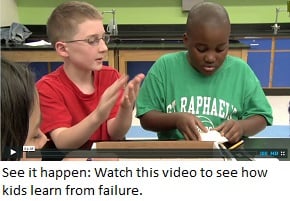
It’s worth noting that EiE lessons combine individual work with group work because working collaboratively helps students see that their classmates may also be struggling—and that they can learn from one another.
When failure is normalized, not stigmatized, students are more willing to take risks and learn the rewards of being persistent. So to truly help your students, don’t feed them answers. Instead, put failure in a positive framework . . . then stand back as they grow into creative problem-solvers.
Do YOU have a tip for EiE teachers? Please share it!
Engineering is Elementary is a project of the National Center for Technological Literacy® at the Museum of Science, Boston.
